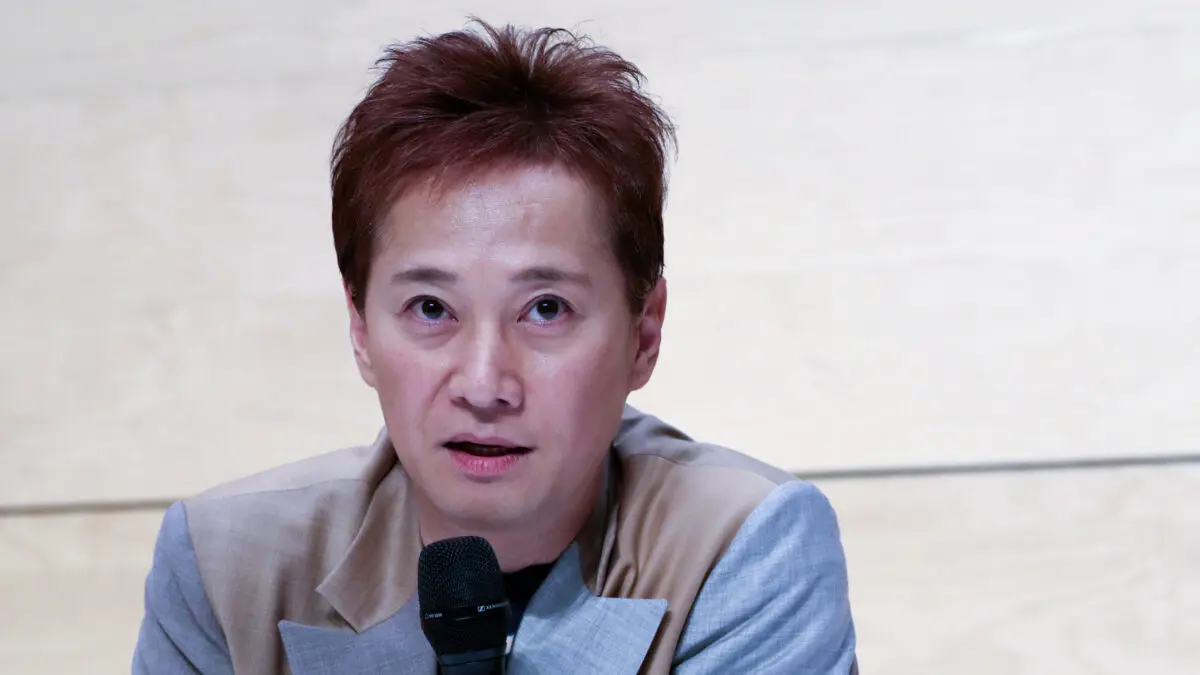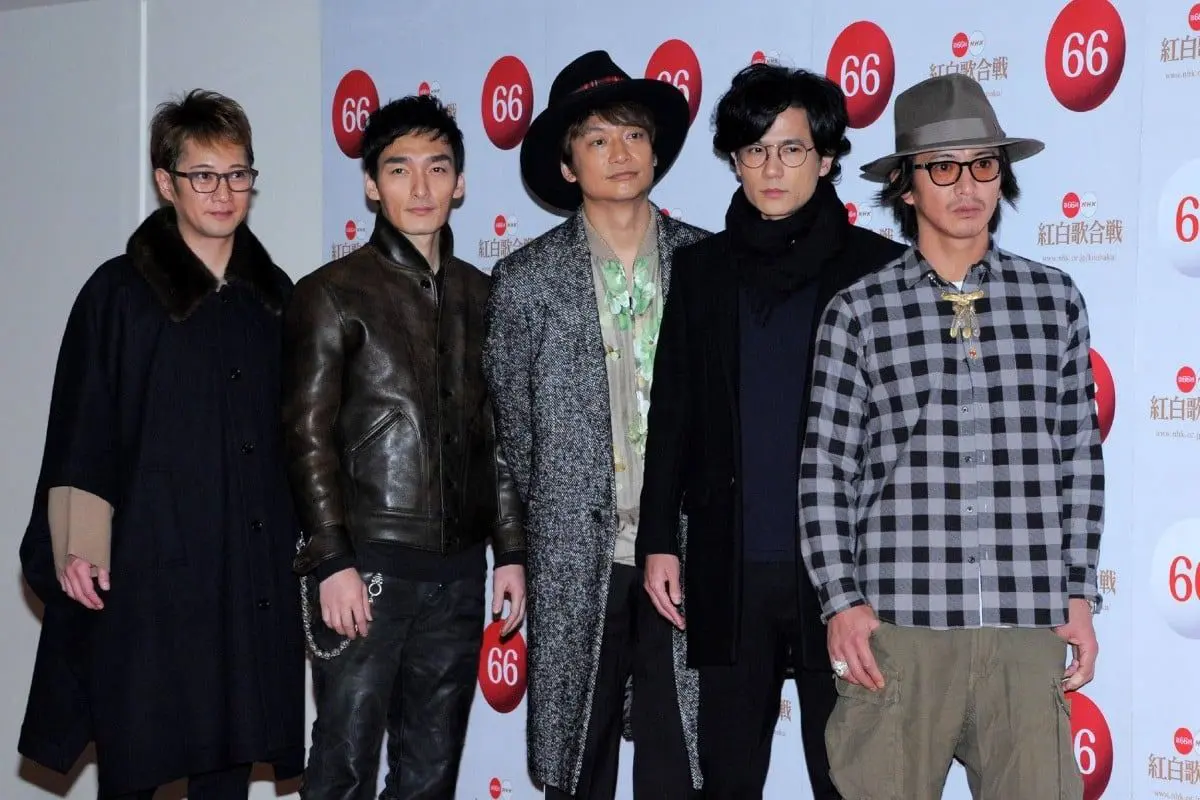In recent developments that have rocked the Japanese entertainment landscape, major advertisers have began to pull their support from Fuji Television, a prominent network embroiled in scandal. The core of this controversy centers around Masahiro Nakai, a well-known TV personality and former member of the iconic boy band SMAP. This situation has raised significant concerns about corporate ethics and accountability in the media industry, shining a glaring spotlight on the underlying issues of sexual misconduct and the repercussions for those involved.
This article navigates the intricate web of relationships, reactions, and ramifications that have emerged from this scandal, offering insights into how such events can unfold in the public eye, as well as their broader implications on society’s understanding of sexual misconduct.
The Scandal Explained
The scandal erupted after a report published by weekly magazine Shukan Bunshun claimed that Nakai had settled a dispute for JPY90 million (approximately $577,000) with a woman over allegations of sexual assault. This incident allegedly took place during a dinner party in 2023, raising questions about the safety and treatment of women in the entertainment industry.
Following the allegations, Nakai acknowledged having reached a settlement but vehemently denied any claims of violence. His denial, however, did little to quell the growing discontent among viewers and advertisers alike.
The Immediate Repercussions
Consequently, the fallout has seen more than 50 advertisers, including major companies like Toyota, Nissan, and Shiseido, withdraw their advertisements from Fuji TV. This mass exodus of corporate sponsors reflects a significant shift in public sentiment, as companies instinctively distance themselves from perceived scandals. The implications of such decisions are multi-faceted, impacting not only Fuji TV’s revenue but also the broader landscape of media advertising in Japan.
Public Outcry and Media Response
Public reaction to the allegations has been fierce. Social media platforms have seen a surge in advocacy for accountability and transparency, demanding that networks like Fuji TV take responsibility for the individuals they promote. The press conference held by Fuji TV president Koichi Minato on Friday faced harsh criticism, primarily due to its failure to adequately address the situation and provide clarity regarding the network’s involvement.
During the press conference, Minato acknowledged that the network was aware of the incident for several months before the publication of the magazine report, leading to accusations of a cover-up that further fueled public outrage.

The Corporate Reaction
The corporate fallout has been swift and severe. Companies are not just abandoning ads; they are also reassessing their future relationships with the television network. Nissan confirmed that it has pulled its advertisements, stating that it is closely monitoring the situation before making further decisions. This stance mirrors that of many firms now evaluating how their branding aligns with public perceptions of misconduct.
Other prominent businesses, following suit, have opted to withdraw their financial support from Fuji TV, as they try to minimize damage to their reputations amid the scandal. The economic implications of such actions could pose a significant risk to the television network’s financial health in the wake of strong public scrutiny.
Suspension of Ads: A Growing Trend
The suspension of advertisements on Fuji TV signals a growing trend within the advertising industry. Brands are increasingly prioritizing their public image and ethical considerations over traditional marketing strategies. Hence, advertisers will think twice before associating themselves with controversial figures or organizations, particularly those embroiled in serious allegations.
Long-term Implications for Media Advertising
This scandal serves as a wake-up call for media networks and advertising firms to reflect on their partnerships and the ethical implications of their marketing decisions. The repercussions could lead to stricter policies regarding who is featured in advertisements and a reevaluation of sponsorship strategies. The entertainment industry must recognize the changing dynamics of societal expectations, especially surrounding accountability in cases of sexual misconduct.

The Culture of Silence in the Entertainment Industry
This incident has also reignited discussions about the pervasive culture of silence that has long pervaded the entertainment industry in Japan. The lack of protective mechanisms for vulnerable individuals, particularly women, has been a subject of growing concern, especially following other high-profile scandals, such as those involving Johnny Kitagawa and Johnny & Associates.
After coming to light, these scandals have prompted a collective reevaluation of how companies and institutions handle allegations of sexual misconduct. Boosting support systems for victims and fostering an environment where individuals feel safe to come forward without fear of retribution is paramount in transforming this culture.
Courage to Speak Out
The movements advocating for change have arisen from the bravery of those willing to share their experiences. Individuals in the entertainment industry have increasingly exposed the injustices they’ve faced, shedding light on the vulnerabilities within the system. The outcries resonate not just within Japan but echo worldwide, wherein similar battles for accountability and justice are ongoing.
Role of Media in Advocacy
Media plays a pivotal role in amplifying these voices. As investigators unpack the deeper issues within the industry, the tales told by brave individuals become crucial in advocating for substantial change. Public attention garnered from investigations can lead to legislative actions and better support structures—an essential step towards dismantling exploitative systems.

Future Prospects for Fuji TV
The future of Fuji TV amidst this chaos remains uncertain. The network must now grapple with the consequences of its handling of the scandal, particularly the damage inflicted on its reputation. With corporate sponsors fleeing and public trust eroding, Fuji TV may have to reassess its approach towards media ethics and accountability.
Putting measures in place to foster a transparent culture and taking immediate action to prevent future misconduct could be crucial for rebuilding its brand. Only time will tell if the network will rise from the ashes or continue to struggle under the weight of scrutiny.
Rebuilding Trust with Audiences
For Fuji TV to successfully navigate the choppy waters ahead, it will need to engage sincerely with its audience. This includes issuing public apologies where necessary and committing to changes that foster safety and transparency. Rebuilding trust requires consistent actions demonstrating a commitment to integrity and responsibility.
Long-term Change in the Industry
Ultimately, while Fuji TV faces considerable challenges, the repercussions of this scandal may serve as a catalyst for much-needed long-term change within the entertainment industry. An awakening of corporate consciousness around the importance of ethical practices could lead to a more responsible media landscape, one where accountability is prioritized, and the voices of victims are amplified.

Hi, I’m Sarah, a 30-year-old journalist with a passion for storytelling and uncovering the truth. I strive to bring important issues to light and connect with my audience through compelling narratives.



